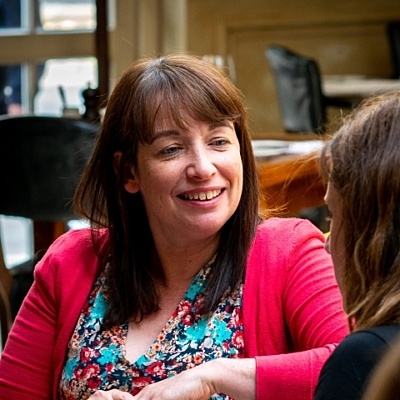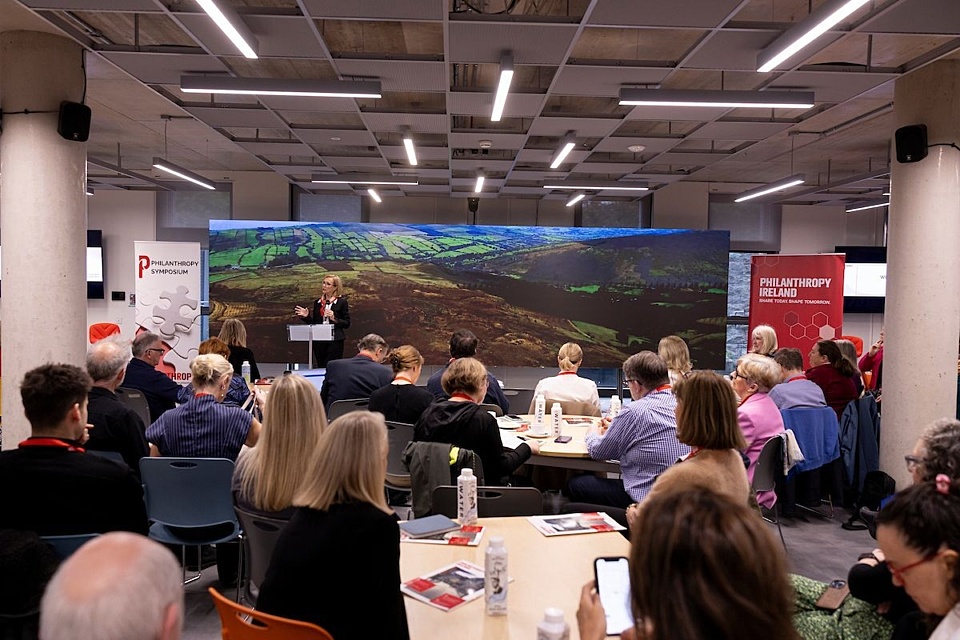
Greater integrity needed in grants assessments
Posted on 24 Nov 2025
The deployment of third-party grant assessors can reduce the risks to funders of corruption,…
Posted on 29 Oct 2025
By Matthew Schulz, journalist, Institute of Grants Management

A UK charity has moved to reduce wasted effort by grantseekers by allowing for more informal applications and loosening up funding restrictions.
Friends Provident Foundation’s more simplified grants system allows interested parties to:
It’s hoped the more open approach will reduce rejection rates, improve the quality of applications and allow grant recipients to spend funds where they are most needed.
The foundation, which formed in 2004 with funds from the demutualisation of a Quaker-formed friendly society, distributes upwards of £1 million ($AU2.05 million) each year in its mission “to create a fair and sustainable economy”.
Significant funding goes to supporting “new thinking” to forge a more equal economy; for example, by amplifying marginalised voices or helping organisations addressing systemic inequity.
Grants this year include:

But despite the foundation’s best efforts, 92 per cent of applicants fail to pass the first application hurdle.
Its head of funding strategy, Abigail Gibson, said just eight per cent of applicants in 2024 were accepted into the second stage of assessment.
“This means that a significant number of people are investing time and energy into applications only to hear that they haven’t been successful. We’re also very aware of the costs associated with applying for funds, both in terms of time and resources.”
In most cases, applicants were never eligible for funds and did not match the foundation’s funding priorities.
“This prompted us to rethink how we communicate about our program and how people assess whether they’re a good fit.”
“It does involve more work and possibly greater risk, and we may occasionally get things wrong. But risk is part of grantmaking, and it feels right that funders carry a share of it.”
The foundation realised its framing of "changing the economy" was too broad and was being interpreted by potential grantseekers to mean efforts “only loosely related to economic systems”.
As a result, the foundation narrowed its focus and “worked to improve our communications”.
“We found that some strong ideas weren’t really coming through in the written applications, even though we knew from informal chats that they were doing something interesting,” Gibson said.
The foundation’s reforms drew inspiration from the Fix the Flow Fellowship, a training network for grantseekers and grantmakers, and the Civic Power Fund, which makes funding decisions in partnership with applicants.
The review made Gibson realise the foundation’s processes should be “more ambitious and supportive in how we approached grant applications”.
“Every rejected application represents time and energy that could have been spent delivering services or seeking more suitable funding. Having been a fundraiser myself, I know how stressful and resource-intensive applications can be, so we really want to minimise unnecessary effort where we can.”
The second major change Friends Provident Foundation made to its grants process was to remove funding restrictions.
“Unless there’s a clear reason to introduce specific boundaries, our funding will be unrestricted by default,” Gibson said.
“We believe this is the best way to support our grant holders in an increasingly challenging funding environment.
“We aim to keep these as flexible as possible to ensure that our grantholders have the freedom to use the funds where they are most needed.”
The shift employs the “open and trusting grantmaking” approach advocated by the UK’s Institute for Voluntary Action Research (IVAR). It involves promoting flexible funding in which:
Gibson said the foundation’s requirements also call for transparent guidelines, light-touch reporting, and always providing feedback.
She said the new approach was “very rewarding” in that it helped organisations “navigate a potential fit with our funding”.
“While it requires more time and effort upfront, it leads to a deeper understanding of applicants’ work and more confident decision-making.
“It does involve more work and possibly greater risk, and we may occasionally get things wrong. But risk is part of grantmaking, and it feels right that funders carry a share of it.”
The Friends Provident Foundation declaration | “Say hello” form | New process (PDF)
Whitepaper: Unrestricted funding – Why grantmakers need it

Posted on 24 Nov 2025
The deployment of third-party grant assessors can reduce the risks to funders of corruption,…

Posted on 29 Oct 2025
There is not one single way to do philanthropy – everyone can find a place in the evolving…

Posted on 29 Oct 2025
A UK charity has moved to reduce wasted effort by grantseekers by allowing for more informal…

Posted on 20 Oct 2025
Charities risk being cut out of vital relationships with their beneficiaries and donors as…

Posted on 23 Jun 2025
Fragmented data systems, inconsistent wellbeing metrics, and pressure from central government…

Posted on 15 May 2025
SmartyGrants UK is pleased to announce two new collaborations that further our commitment to…

Posted on 05 May 2025
SmartyGrants has released a new embedded reporting tool designed to strengthen grantmakers’ ability…

Posted on 01 May 2025
A UK foundation rating system offers valuable insights into how grantmakers around the world can…

Posted on 01 May 2025
With the charities sector juggling restricted grants, tight timelines, and a must-succeed…

Posted on 13 Mar 2025
In a February 2025 piece, Maria Chertok and Chandrika Sahai say there's a growing awareness within…

Posted on 10 Mar 2025
Signing on a £1 million (AU$1.93 million) grants program celebrating maritime histories around the…

Posted on 10 Mar 2025
Adam Ognall, executive director of partnerships and practice at Philanthropy Australia, considers…